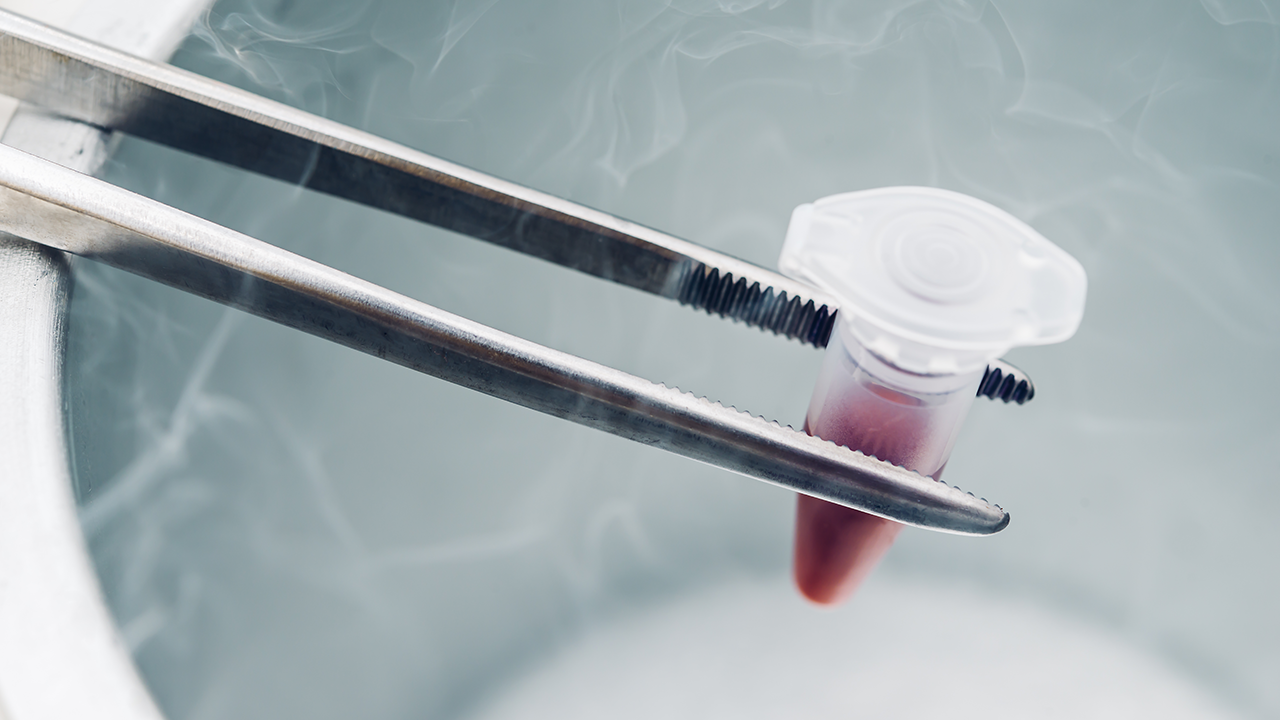NEWS | May 23, 2023
Hafnium Protects Blood Samples from Ice Crystals

Ice crystals pose a significant problem for frozen blood samples. This is because the cell membranes of blood cells are very delicate and can be easily damaged. Chinese scientists have recently discovered that hafnium-based metal-organic frameworks, known as MOFs, can enhance the effectiveness of cryoprotectants.
Unlike the disordered polymers in conventional cryoprotectants, hafnium MOFs allow for more precise control over the interaction with water molecules. This leads to more efficient protection. In an experiment, researchers also found that the effectiveness of hafnium MOFs increased as the layers of the material used became thinner. While traditional antifreeze agents are concentrated at a high level of 30%, the researchers reduced the proportion of hafnium MOFs to as low as 0.1%, with their effectiveness steadily increasing.
The excellent cryoprotective effect with such a tiny amount is due to the irregular two-dimensional pattern of the ligands. This pattern most effectively prevents the formation of ice crystals. Ligands are crucial components of chemistry that can determine how metal ions interact with other molecules or react with them.
Hafnium is an important technologically metal, especially in the field of medicine. Its current price increase is substantial, making an investment a promising opportunity for attractive and tax-free returns.